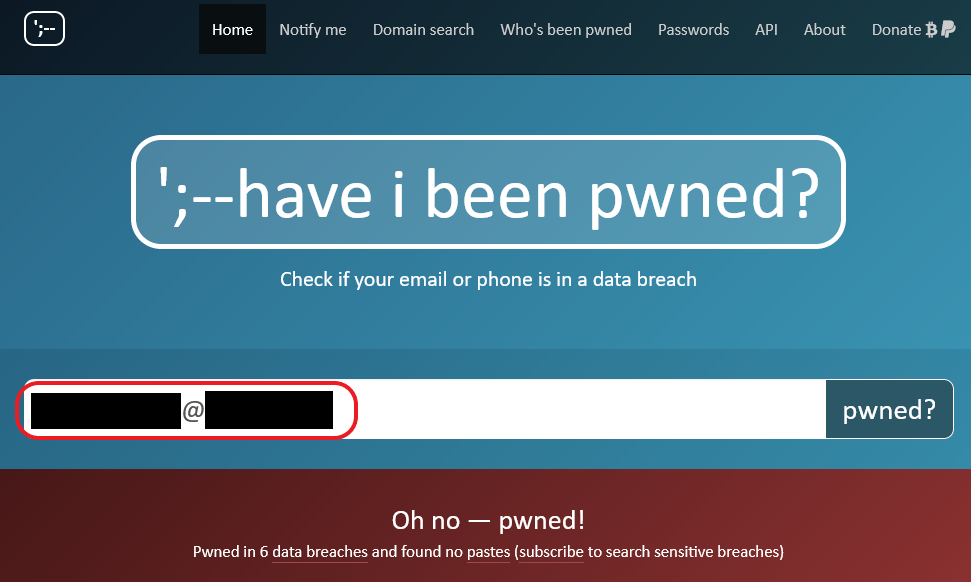Has your password been leaked? Here’s how to quickly find out
Passwords protect our online accounts from all manner of cybersecurity threats, but a data breach can mean your sensitive information is compromised — and it can be right under your nose.
Even if you’ve created a strong password that would take hackers billions of years to crack using a brute-force attack, threat actors can break into the servers of social media giants or large corporations and gain unauthorized access to them gigantic Number of people’s private credentials.
Using one of the best password managers and two-factor authentication (2FA) can help keep hackers who have obtained your password from breaking into your accounts, but that doesn’t mean your online security is, well, compromised , that’s for sure. Countless compromised logins are sold through dark web markets, meaning your account details are flying around the wild internet, waiting for a threat actor to use them.
If you’re wondering “has my password been leaked?” there is an easy way to find out if your login credentials have been compromised. In fact, it takes it a step further by letting you know if your email address or phone number was part of a data breach.
How to find out if your password has been leaked
The easiest and most popular way to find out if your password is available is to look at Have I Been Pwned? (HIBP). Developed by Microsoft regional director and cybersecurity genius Troy Hunt, this free tool is the most efficient way for users to quickly check if their password or phone number has been leaked online.

Just enter your email address or phone number with your country code and the site will notify you if your credentials have been compromised. Additionally, it has a password checker that goes through hundreds of millions of passwords that have been part of data breaches and lets you know if it’s safe to use or continue to use.
You may be thinking, “Wait, if I enter my password on this page, doesn’t that give hackers a chance to steal it?” Don’t worry, as HIBP has put in place various privacy protections to ensure you can use the site safely. Compromised email addresses and passwords exposed in a breach are reported, but “no information is stored as to which email addresses had corresponding passwords or what the passwords are”.
Thanks to Cloudflare’s k-anonymity implementation and client-side hashing of passwords using the SHA-1 algorithm, HIBP never obtains the original password and does not have enough information for hackers to discover the original password. For a better overview of how the site keeps everything secure, including blocking malicious requests, visit the privacy page.
The site offers a selection of handy tools including the ability to be notified if your account is compromised, view all sites known to have had security breaches and the number of accounts that have been breached. It’s a good way for anyone to check if their accounts are compromised, and it’s worth doing from time to time to keep an eye on your online security.
Keep your password safe
If your account has been compromised, you obviously want to change your password as soon as possible. Check out this simple trick to create a strong password and make sure you’re using one of the best password managers to protect your account.